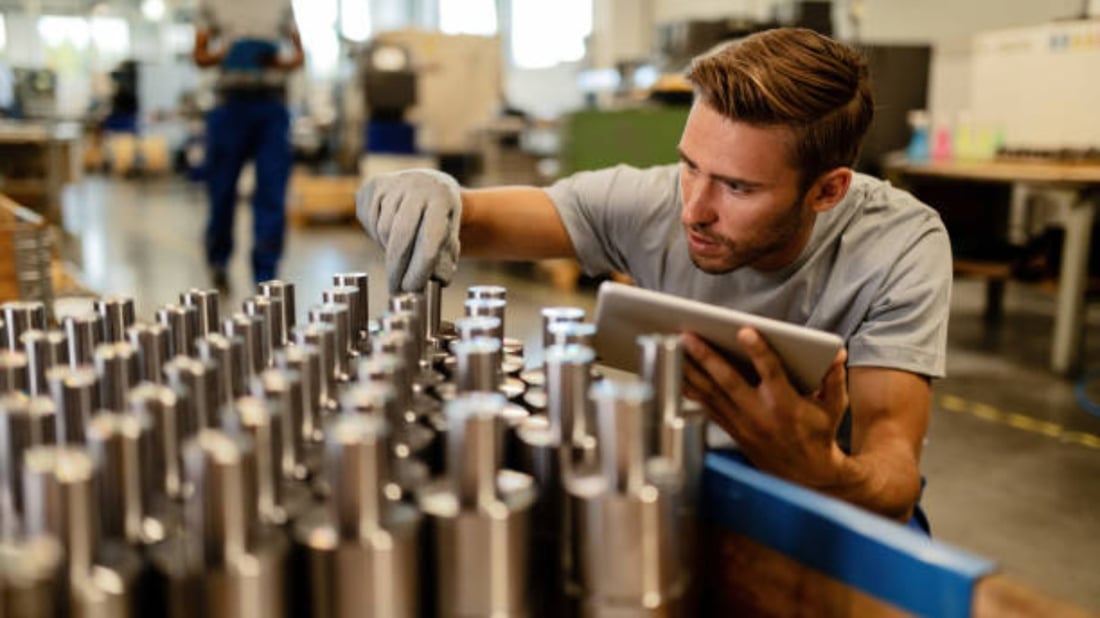Introduction
When it comes to precision manufacturing, CNC machines for metal play a crucial role. These computer-controlled machines have revolutionized the metalworking industry, allowing for enhanced accuracy, efficiency, and versatility. In this comprehensive guide, we will explore the various aspects of CNC machines for metal, from their working principles to their applications and benefits. Whether you are a seasoned professional or a curious beginner, this article will provide you with valuable insights into the world of CNC machining.
1. What is a cnc machine for metal?
A CNC (Computer Numerical Control) machine for metal is a sophisticated tool that uses computer programs to control the movements of the machine's tools and workpieces. Unlike conventional manual machines, CNC machines offer precise and automated control, resulting in highly accurate and repeatable outcomes. These machines are equipped with cutting-edge technology that allows them to perform complex operations, such as milling, drilling, turning, and more.
2. Working Principles of CNC Machines for Metal
CNC machines for metal operate based on a set of programmed instructions. These instructions, often referred to as G-codes and M-codes, dictate the movements, speeds, and actions of the machine's components. The machine's computer, also known as the CNC controller, interprets these codes and translates them into electrical signals that drive the motors and actuators responsible for the machine's movements. This precise control ensures that the desired shapes and features are accurately machined onto the metal workpiece.
3. Types of CNC Machines for Metal
There are several types of CNC machines designed specifically for metalworking applications. Some common types include:
- CNC Milling Machines: These machines use rotary cutters to remove material from a workpiece, creating complex shapes and contours.
- CNC Turning Machines: Also known as lathes, these machines rotate the workpiece while a cutting tool shapes it into the desired form.
- CNC Plasma Cutters: These machines use a high-velocity jet of ionized gas to cut through metal sheets, creating precise shapes and designs.
- CNC Laser Cutters: Laser beams are used to melt, burn, or vaporize the material, resulting in precise and clean cuts.
4. Advantages of CNC Machines for Metal
CNC machines offer numerous advantages over traditional manual machines. These include:
- Precision: CNC machines can achieve incredibly high levels of accuracy, ensuring consistent quality in every production run.
- Efficiency: With their automated processes, CNC machines can operate continuously, reducing downtime and increasing productivity.
- Flexibility: CNC machines can easily switch between different tasks and workpieces, making them ideal for both small-scale and large-scale production.
- Complexity: CNC machines can produce intricate and complex designs that would be challenging or impossible to achieve with manual methods.
- Time and Cost Savings: By automating processes and minimizing human error, CNC machines can significantly reduce production time and costs.
5. Applications of CNC Machines for Metal
CNC machines for metal find applications in various industries, including:
- Aerospace: CNC machines are used to manufacture aircraft components with tight tolerances and complex geometries.
- Automotive: From engine parts to chassis components, CNC machines produce precise metal components for the automotive industry.
- Medical: CNC machines are utilized to manufacture medical implants, surgical instruments, and prosthetics.
- Electronics: CNC machines are involved in the production of electronic components, such as circuit boards and connectors.
- Energy: CNC machines play a vital role in the fabrication of parts for renewable energy systems, such as wind turbines and solar panels.
6. Factors to Consider When Choosing a CNC Machine for Metal
When selecting a CNC machine for metal, several factors should be taken into account:
- Machine Size: Consider the available space in your workshop and choose a machine that fits your requirements.
- Machine Capability: Assess the machine's capabilities, such as its maximum spindle speed, cutting force, and tool capacity.
- Software Compatibility: Ensure that the machine's control software is compatible with your design and programming tools.
- Cost: Determine your budget and choose a machine that offers the best value for your investment.
- Support and Training: Consider the availability of technical support and training resources provided by the machine manufacturer.
7. Maintenance and Safety Considerations
Proper maintenance and safety precautions are essential for the efficient and safe operation of CNC machines for metal. Regular maintenance tasks include cleaning, lubrication, and inspection of critical components. Additionally, operators should follow safety guidelines, such as wearing appropriate protective gear and implementing emergency stop procedures. It is crucial to provide adequate training to machine operators to ensure their competence in operating and maintaining the CNC machine.
8. Future Trends in CNC Machines for Metal
The field of CNC machining for metal is constantly evolving, driven by advancements in technology and industry demands. Some notable future trends include:
- Integration of Artificial Intelligence (AI): AI-powered CNC machines can optimize cutting strategies, reduce cycle times, and detect potential errors.
- Advanced Materials: CNC machines will continue to adapt to the machining of new and challenging materials, such as composites and superalloys.
- Increased Automation: The automation of CNC machines will further enhance productivity and reduce the need for human intervention.
9. Conclusion
CNC machines for metal have revolutionized the metalworking industry, offering unparalleled precision, efficiency, and versatility. From aerospace to automotive, these machines find applications in various industries, enabling the production of complex and high-quality metal components. By understanding the working principles, advantages, and considerations associated with CNC machines for metal, manufacturers can make informed decisions when choosing the right machine for their specific needs. Embracing the potential of CNC machines opens up a world of possibilities for innovative and efficient metal fabrication.
10. Related Long-Tail SEO Keywords
cnc machine for metal cutting, cnc machine for metal fabrication, best cnc machine for metal, affordable cnc machine for metal, cnc machine for metal shop, cnc machine for metalworking, cnc machine for metal milling, cnc machine for metal engraving, cnc machine for metal prototypes, cnc machine for metal parts

